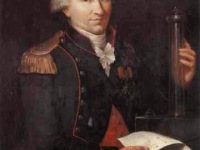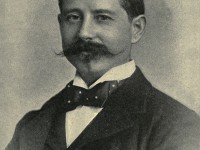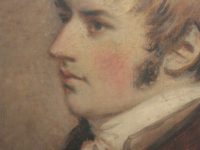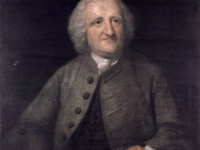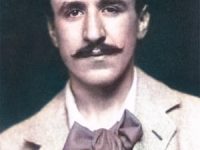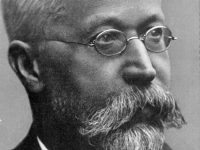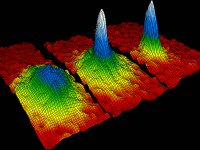Charles Augustin de Coulomb and the Electrostatic Force
On June 14, 1736, French physicist Charles Augustin de Coulomb was born. He is best known for developing Coulomb’s law, the definition of the electrostatic force of attraction and repulsion, but also did important work on friction. The SI unit of electric charge, the coulomb, was named after him. Charles Augustin de Coulomb – Early Years Charles Augustin de Coulomb received a good education in mathematics, astronomy, chemistry and botany since both sides of…
Read more











